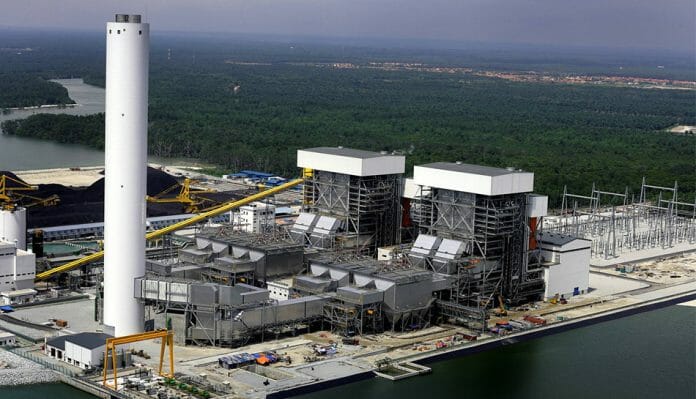Energy crisis is a looming reality as raw commodities like coal and oil prices have been seeing unprecedented see-saw movement in the first three months, brought upon by the Ukraine-Russia conflict.
In the backdrop of such uncertainties Malaysia’s power giant, TNB has also been subject to rising coal prices that are impacting its cost management for its coal-powered plants. TNB Fuel Services has admitted that it has been under pressure and is closely monitoring the situation. Malaysia has nine coal-fired power plants that are currently operating. They produce a total capacity of 7730 MW with a total consumption of 21 million tons (Mt) of coal annually.
However, it’s head (procurement and supply chain), Abdul Halim Othman said he expects global coal prices to stabilise within six months from March when supply and demand should return to some semblance of normality. TNBF is a wholly-owned subsidiary of Tenaga Nasional Bhd and was established to ensure the sale of coal to independent power producers that have a power purchase agreement with the government-owned utility company.
He said the good economic growth record in 2021 resulted in high demand and rising global coal prices in the second and third quarters.
Global coal prices declined again and stabilised in the fourth quarter of 2021, but it did not last long following Indonesia’s decision to temporarily halt coal exports in January 2022 to meet domestic demand. He said Malaysia imported most of the coal from Indonesia which was the main source of energy for electricity generation in the country. Malaysia can overcome the problem of the export ban as it has relatively a large stock that can last up to a month.
“The export ban lasted less than a month and it seemed that the situation returned to normal… (but) suddenly the Russia-Ukraine war broke out which caused prices to soar again,” he said.
Abdul Halim said TNBF is constantly monitoring the current market situation and is now in a challenging situation as it has to buy coal at a higher market rate.
“Demand for coal in Europe has risen sharply since the war due to a lack of gas supplies from Russia.
“Because there are restrictions, they have to use coal and we have to go through this wave (increase in coal prices),” he said.
Coal prices soared to a record high of over US$400 a tonne in early March 2022 and US$291.60 a tonne on April 8.
He said TNBF also has long-term contracts with suppliers that set coal prices for a one-year period to reduce the impact of sharp rises in coal prices.
In addition, TNBF has suppliers from several countries to ensure adequate supply to continue daily operations while reducing the risk of coal supply shortages, noted Abdul Halim.









